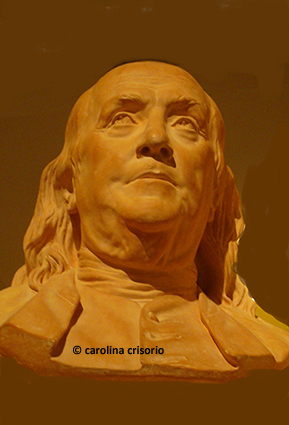Wilfredo Padrón Iglesias
RESUMEN
La lucha independentista de las Trece Colonias inglesas en Norteamérica, es un hecho de elevada significación en la historia del continente americano.
De manera particular, el papel que desempeñó la isla de Cuba en este proceso, expresado en un activo intercambio comercial con los colonos del norte, la confrontación directa contra las tropas inglesas y la contribución financiera entregada al ejército norteño, la convirtieron en el epicentro de las operaciones políticas, comerciales y militares hispanas en el Caribe y la costa antillana de Norteamérica.
Entre los principales resultados de estas acciones se encuentran las bajas materiales y humanas infligidas a las tropas británicas, unido a los recursos materiales y financieros enviados para el sostén de las tropas norteamericanas.
Sin embargo, es esta una realidad desconocida, omitida o negada por la historiografía, la política, la prensa y otros importantes medios. Una situación acentuada por la bicentenaria política anexionista seguida por los gobiernos norteamericanos, en el afán de coartar la independencia nacional cubana.
El presente ensayo, que privilegia el análisis de los documentos originales que se atesoran en las instituciones cubanas, analiza los aportes que se realizaron desde la estratégica isla de Cuba, señalando que la independencia de Estados Unidos debe a Cuba, lo que la independencia de Cuba no debe a Estados Unidos.
«Ni quien escribe ni quien lee la historia deberá limitar su atención a una simple exposición de los hechos: deberá tener en cuenta todo lo que los precedió, acompañó o siguió, porque si se le quita a la historia toda explicación de causa, principio o motivo y de la adaptación de los motivos al fin, lo que queda es un mero panorama nada instructivo y aunque pueda agradar de momento no tiene valor perdurable.» Polibio.
ABSTRACT
The independence of the Thirteen English Colonies in North America, is a fact of deep significance in the history of the American continent.
In a particular way, the role carried out by the island of Cuba in this process, expressed in an active commercial exchange with the colonists of the north, the direct confrontation against the English troops and the financial contribution given away to the northern army, turned her into the center of the Hispanic political, commercial and military operations in the Caribbean and the Antillean coast of North America.
Among the main results of these actions are the material and human losses inflicted to the British troops, together with the material and financial resources supplied for the support of the North American troops.
However, it is a reality unknown, omitted or denied by historiography, politics, the press and other important media; an emphasized situation by the bicentennial annexationist policy followed by the North American governments, in the desire of hindering the Cuban national independence.
The present essay, privileged by the analysis of the original documents that are stored in Cuban institutions, analyzes the contributions that were carried out from the strategic island of Cuba, pointing out that the independence of United States is indebted to Cuba, in what the independence of Cuba is not indebted to the United States.
Palabras clave: España, Cuba, Independencia, Trece Colonias inglesas en Norteamérica.
Keywords: Spain, Cuba, Independence, Thirteen English Colonies in North America.
Autor: Wilfredo Padron Iglesias (Ver)
Wilfredo Padrón Iglesias es Licenciado en Estudios Socioculturales y Doctor en Ciencias Históricas. Escuela Provincial del Partido, Pinar del Río, Cuba. Profesor de Historia y Vicedirector de Investigaciones y Posgrados.
Ariadna Tucma Revista Latinoamericana. Nº 9. Marzo 2014 – Febrero 2015. Volumen I
Publicado por ©www.ariadnatucma.com.ar
Contacto: info@ariadnatucma.com.ar
INDICE (VER)
